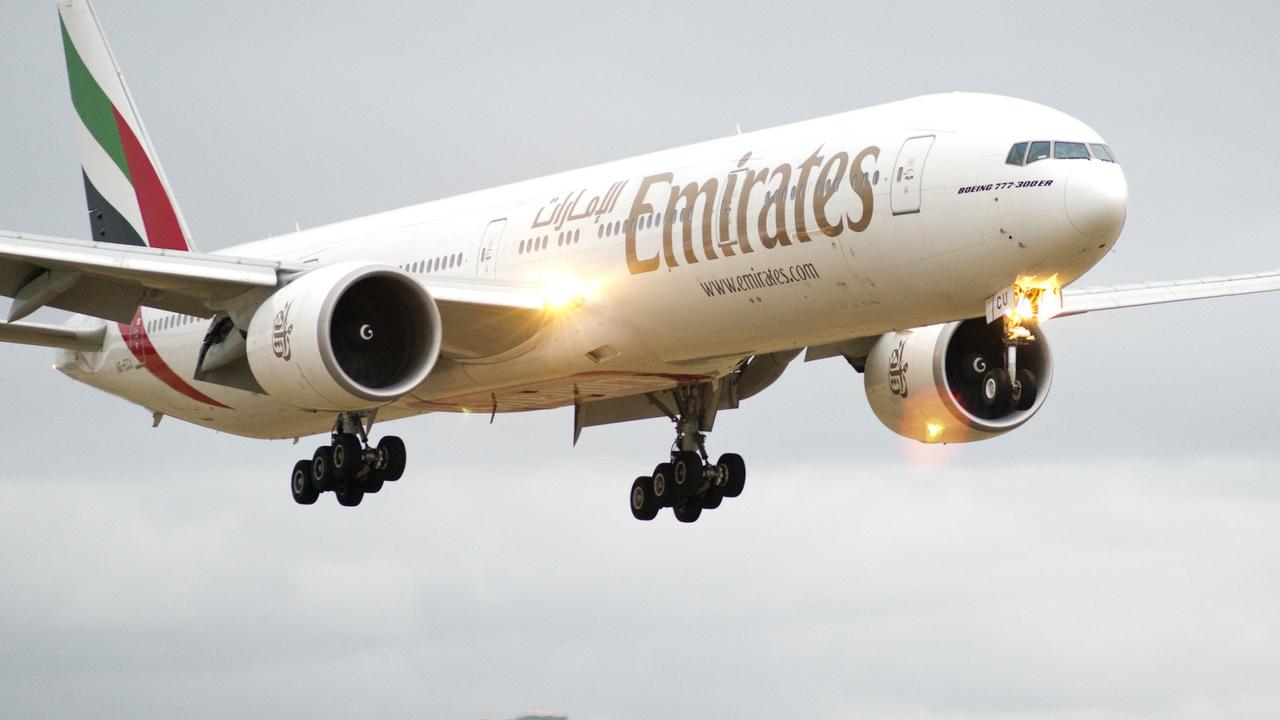Airbus announces end to production of the A380 superjumbo
The A380, the “big, ugly, comfortable beast” of the sky, is loved by passengers, but not airline execs. Now its days are officially numbered.
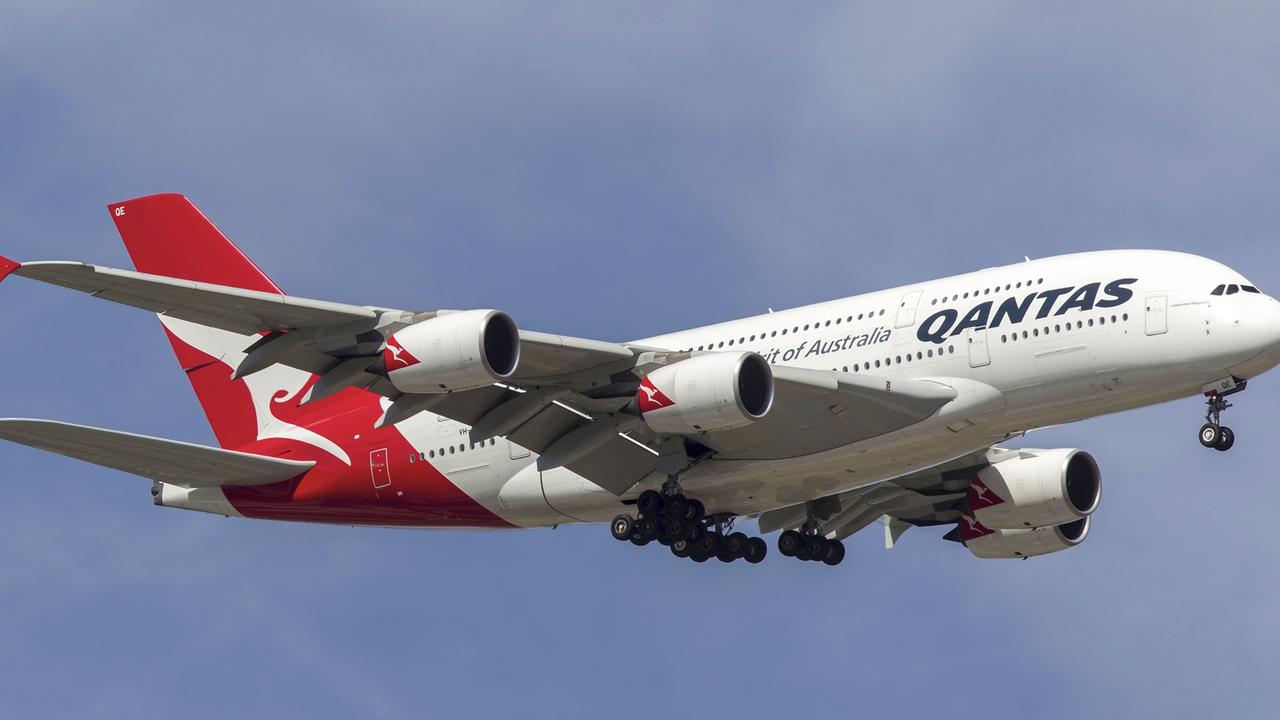
The giant A380 “superjumbo” will end production after only a quarter of the expected orders came to fruition.
The decision came as Emirates failed to follow through on a large new order for the jet.
Manufacturer Airbus said on Thursday the decision to dump the 544-seat double decker was “painful” but the planes would continue to fly for years to come.
The move could affect more than 3000 jobs across Europe.
It’s an aircraft with a notable history in Australia. Its first passenger service landed in Sydney, its most serious accident was an engine explosion on Qantas flight QF32 and the flying kangaroo’s reluctance to buy more of the jets partly sealed its fate.
Speculation was rife that the distinctive double decker jet, which cost almost half a billion dollars each, would be put out to pasture after Qantas officially cancelled its order for a further eight of the planes last week.
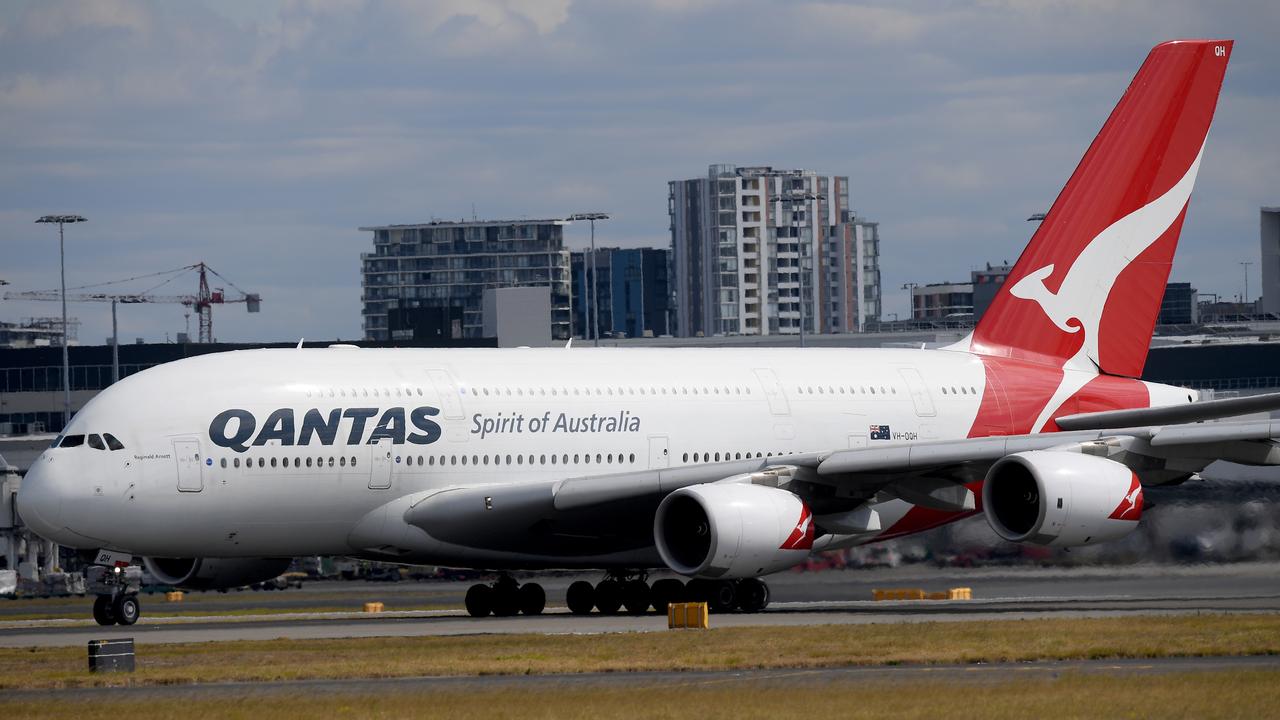
Qantas, which already has 12 A380s in its fleet, had long delayed the delivery of its final eight planes. The cancellation of the order was seen as a move by Airbus to clear the decks so the plane’s production line could be brought to a halt.
The European firm said the A380 factory would be shuttered in 2021 after the final 14 planes were delivered to Dubai’s Emirates airline. But Airbus said the planes themselves would remain flying for a decade or more.
“We have no substantial A380 backlog and hence no basis to sustain production, despite all our sales efforts with other airlines in recent years. This leads to the end of A380 deliveries in 2021,” said Airbus chief executive officer Tom Enders on Thursday.
“The A380 is not only an outstanding engineering and industrial achievement; passengers all over the world love to fly on this great aircraft. Hence today’s announcement is painful for us and the A380 communities worldwide.
“But, keep in mind that A380s will still roam the skies for many years to come and Airbus will of course continue to fully support the A380 operators,” Mr Enders added.

Airbus hoped to sell between 750 and 1000 A380s. By the time production ends 250 will have been built, 123 of them to just one airline: Emirates. It has been the backbone of the Dubai carrier’s fleet — it even built an A380 only terminal.
Last year, Emirates ordered a further 36 examples of the aircraft worth $AU24 billion.
Airbus was jubilant, with John Leahy, one of the company’s top executives at the time, saying: “This new order underscores Airbus’ commitment to produce the A380 at least for another ten years. I’m personally convinced more orders will follow Emirates’ example and that this great aircraft will be built well into the 2030s.”
But the carrier has had a change of mind and has cancelled many of those A380s.
More About Airbus A380
FlightCentre Airbus A380 Infographic
Other airlines were always far less enthusiastic as to the big bird’s merits.
Emirates chairman HH sheik Ahmed bin Saeed Al Maktoum said on Thursday: “While we are disappointed to have to give up our order, and sad that the program could not be sustained, we accept that this is the reality of the situation”.
Emirates will swap most of its orders for smaller A330 and A350 jets instead.
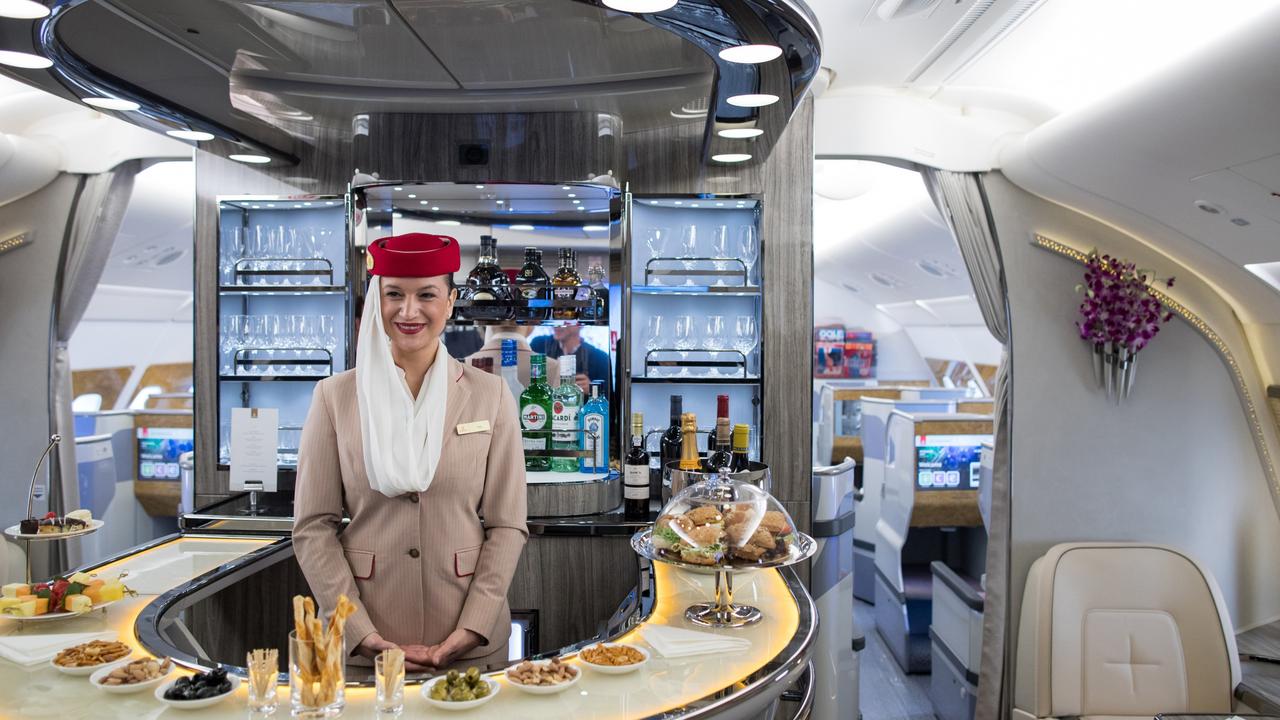
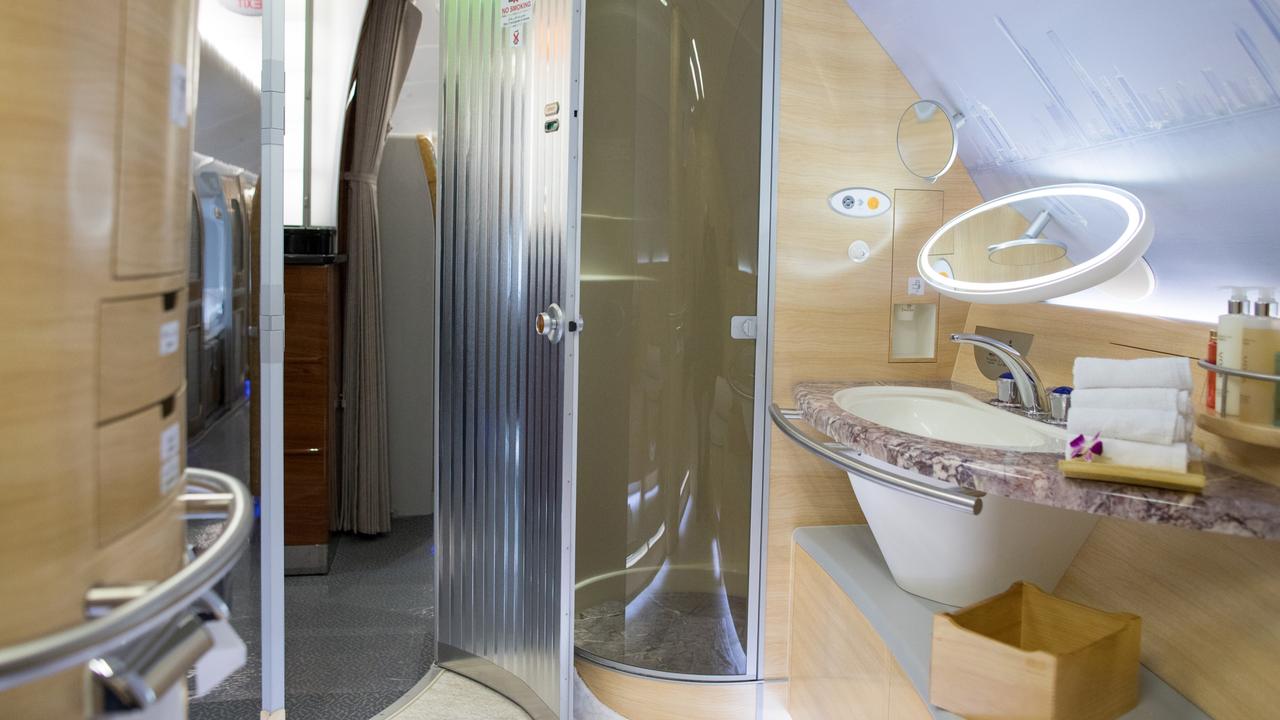
The A380 first flew in 2007 with Singapore Airlines. Its maiden flight was from Singapore to Sydney.
Airbus saw it as a replacement for the popular Boeing 747 jumbo jet. Its bet was that airlines would need large four engine aircraft to fly between their busy global hub airports.
But Boeing had a different idea, it thought airlines would want smaller more fuel efficient two-engine aircraft, such as its 787-Dreamliner, which could serve hubs as well as smaller destinations.
More airlines agreed with Boeing’s vision. So much so, Airbus later produced its smaller A350 aircraft which it has proved to be a far greater success than the A380.
While major airlines like Qantas, British Airways, Lufthansa and Korean Air ordered A380s, they never got them in the large numbers Airbus hoped for and saved them for only their busiest routes.
Reacting to the news Lufthansa CEO Carsten Sphor told a conference in Addis Ababa that that it was “loved” by customers and crew and the German airline was “delighted” to continue to use it. But it was only profitable on “extremely popular routes”.
Sad that production of the @Airbus #A380 is coming to an end in 2021. Critics will argue it was born too late or too early, fair to say it was an impressive technological achievement. Still waiting to fly on one! pic.twitter.com/T7zQzmBCzm
— Tony Osborne (@Rotorfocus) February 14, 2019
Sad day @Airbus announced ending #A380 production. Magnificent aeronautical achievement that could never make money. I witnessed maiden flight and flew first flight. Shame they couldn’t make it pay.
— Richard Quest (@richardquest) February 14, 2019
The problem is the big markets like Asia and the US never really jumped at it. There are a few Asian carriers but the haven’t bought bulk, and none in the US. Plus unlike 747, no resale. Least 747 was fitted to do cargo. Can’t retrofit A380
— Ahron Young (@AhronYoung) February 14, 2019
#CarstenSpohr at a conference in Addis Abeba: "We are delighted that we can continue to use the #A380." @AirbusPress pic.twitter.com/KiNAdGgMgh
— Lufthansa News (@lufthansaNews) February 14, 2019
As for the the deep pocketed US and Japanese airlines, they never warmed to the A380.
Indeed, while Japan’s ANA has received three A380s it was more a grudge purchase after it bought another airline that had signed up to the superjumbos.
Earlier this month, Willie Walsh, the chief executive officer of British Airways’ parent company IAG, said he would consider buying more A380s — but there was a catch.
“I’ve no concerns about the A380 … it’s been an excellent aircraft for us. We have made it clear to Airbus that we might consider some additional aircraft,” Mr Walsh said in Dublin.
“But the pricing of that aircraft has not been as attractive as we believe it needs to be.”
The problem for the A380 has always been that while passengers love its size, roominess and its features like airborne bars and showers, that sheer scale means it needed more passengers to make it economical to run.
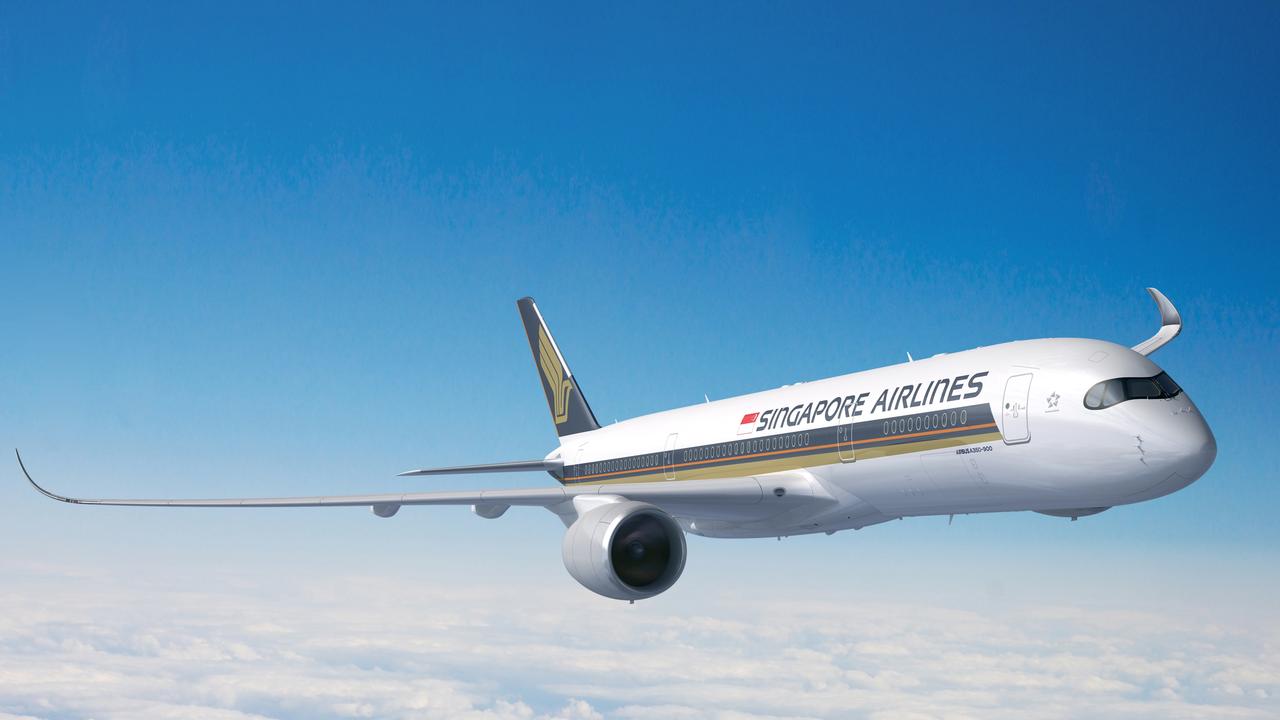
The newer 787 is less loved by the public, with complaints that it can be cramped, but it’s easier to make a dime on.
As Reuters summed up on Wednesday, the plane was “loved by passengers, feared by accountants”.
That seemed to be the sentiment on social media with one saying: “I love the Dreamliner but if you don’t shed a single tear for A380, we can’t be friends.”
“Goodbye gentle giant,” said another.
CNN’s travel guru summed it up: “A sad day with Airbus ending A380 production. Magnificent aeronautical achievement that could never make money.”
But there’s no need to rush to ride on one just yet.
Most planes remain in service for at least 20 years meaning there’s a decade left on even the earliest A380 models. Qantas has said it intends to spruce up its 12 A380s this year as part of a midlife refresh.
It’s likely the planes, dubbed “big, ugly, comfortable beasts” by one person on Twitter today, will still be ferrying passengers across the globe until well into the 2030s.


